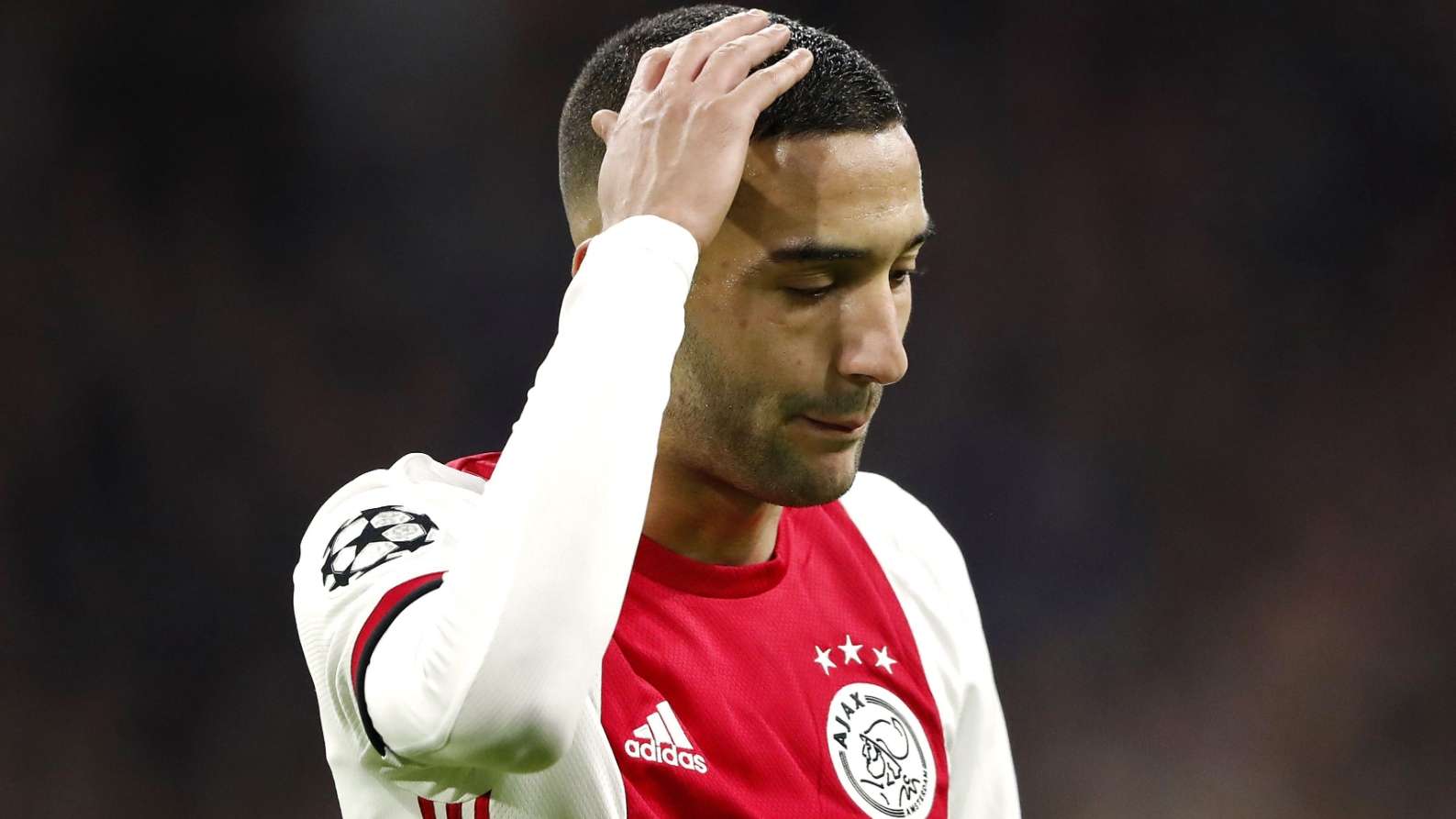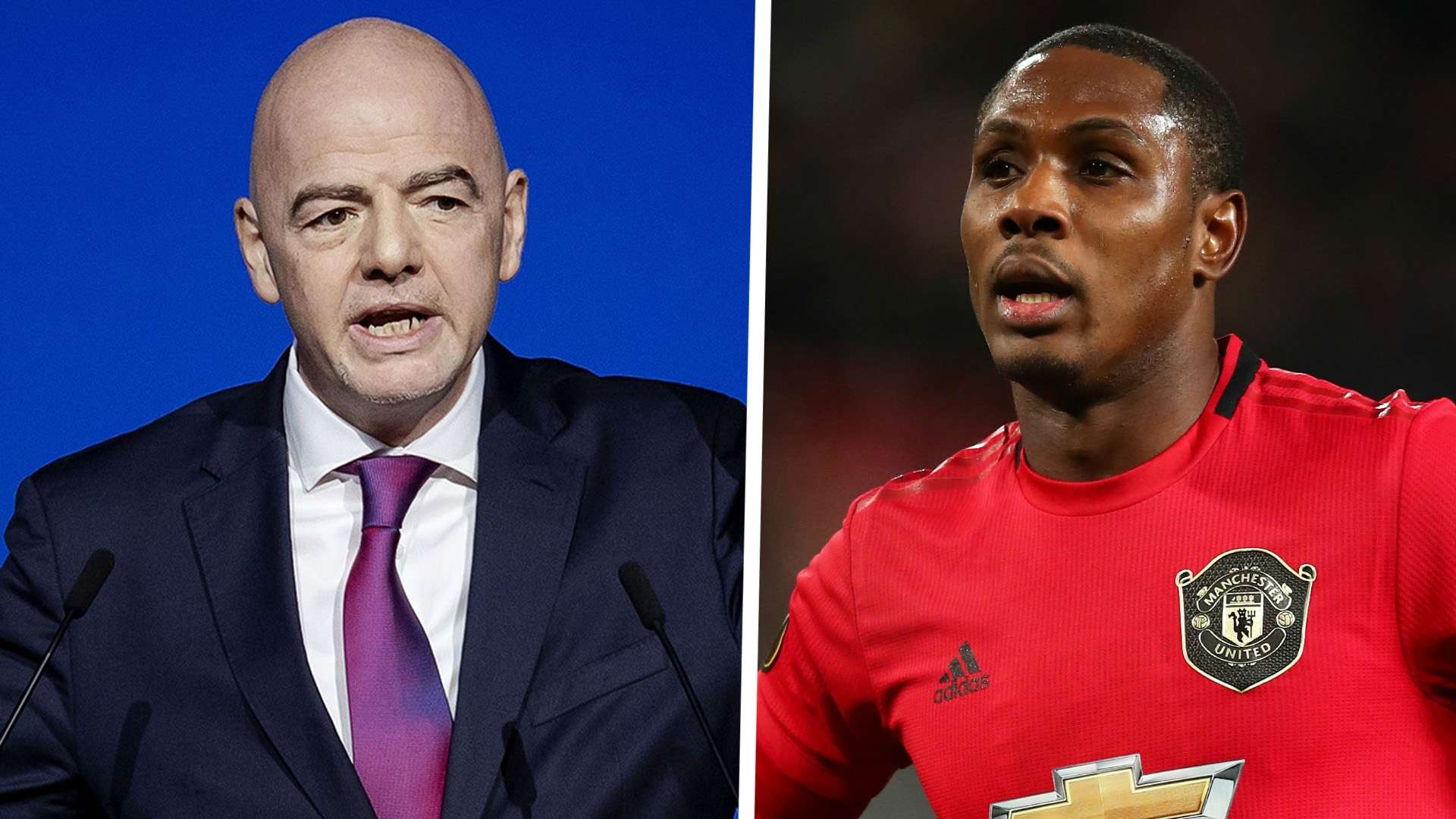Football, as with pretty much every other industry in the world, has been thrown into complete disarray by the coronavirus pandemic, with the rapid spread of the disease causing havoc to the fixtures calendar.
The entire regulatory framework of the sport is built around the harmony of the seasons, and with the current campaign potentially continuing beyond summer, rules that are normally in force cannot reasonably apply.
One area of concern for clubs and players alike is that of contracts, while the status of transfers is another issue that has cropped up, with figures in the game waiting for FIFA to provide clarity.
With that in mind, Goal takes a look at how the unprecedented crisis of Covid-19 will affect player transfers and contracts.
How will coronavirus affect player transfers & contracts?
It remains to be seen what will happen with transfers and player contracts, but FIFA is working towards finding a solution alongside the various stakeholders within what is a legal minefield.
The game's global governing body has established a Covid-19 working group to deal directly with a number of specific issues, including the regulatory operation of transfers and individual contractual situations.
Players' contracts
Chief among the fears, with seasons set to extend past June, is the question of whether it will be possible for players' contracts to also be extended. Many players, including those on loan, will no longer legally be contracted to their clubs past June 30, which is a common and convenient end-date for contracts - just before the opening of the registration period.
 Getty
Getty
In theory, that means that they may not be available to play for their clubs in rescheduled matches. ESPN reports that "at least 500 players" from the top five European leagues will be affected.
According to the report, Serie A would lose 26 per cent of their players, while La Liga would lose just under a quarter and the Premier League would be less affected - but still notably so - at 12.9%.
One solution that has been floated is that contract expiry dates be extended across the board to last until the end of each respective season. However, it will require players to buy in en masse, something that, considering each player's personal circumstances, is by no means guaranteed.
FIFA has stated its support of the idea that contracts extend until the end of the season (whenever that may be). "This should be in line with the original intention of the parties when the contract was signed and should also preserve sporting integrity and stability," the governing body said in a statement.
Jonas Baer-Hoffman, head of the FIFPro players' union, which represents over 65,000 professional footballers, is hopeful that "common sense" will prevail regarding the matter.
It is possible that players will mostly agree to such a scenario, but, legally, each individual will probably be able to exercise autonomy on their own situation, meaning if they want to leave, they can.
The worry is that, without an overarching agreement in place, it could be abused and become a free-for-all. That is a scenario that clubs and administrative bodies will be extremely keen to avoid.
 Getty Images
Getty Images
Transfers
As well as the extension of players' contracts, FIFA is also considering how to handle the issue of fixed player registration dates and national transfer window periods.
FIFA's position is that temporary changes will need to be implemented around transfers. In a statement, the body said it is "necessary to adjust the normal regulatory position to the new factual circumstances. Accordingly, FIFA will be flexible and will allow the relevant transfer windows to be moved so they fall between the end of the old season and the start of the new season."
If leagues are to continue into into August and September, then it is desirable to maintain the integrity of those competitions as much as possible by ensuring that squads remain more or less the same.
Delaying the transfer registration period until after the leagues conclude would ensure that clubs cannot simply buy in new players to improve their chances in the newly resumed competition.
It would also be a logical follow-on if FIFA, FIFPro, players and other stakeholders can agree on a strategy for extending contract expiry dates until the end of the season. However, it is not necessarily that straightforward and will involve many moving parts.
For cases of pre-arranged transfers and contracts due to commence on July 1, FIFA faces potential difficulties, particularly in cases where, for example, an individual is due to receive an improved contract.
Hakim Ziyech is a perfect example of this potential difficulty, with the winger set to join Chelsea from Ajax on a five-year deal from July 1. It is unclear what will happen in that scenario.
There is also some uncertainty over what it could mean for transfer fees, which for many clubs are an essential cash injection each year. If a transfer does not take place on the date it was supposed to, what happens to the payments? What sort of knock-on effect will that have on the business side of the club?
FIFA will have to figure out all these intricacies before handing down their decision on the way things will proceed, or else risk prying open a Pandora's Box of lawsuits.
